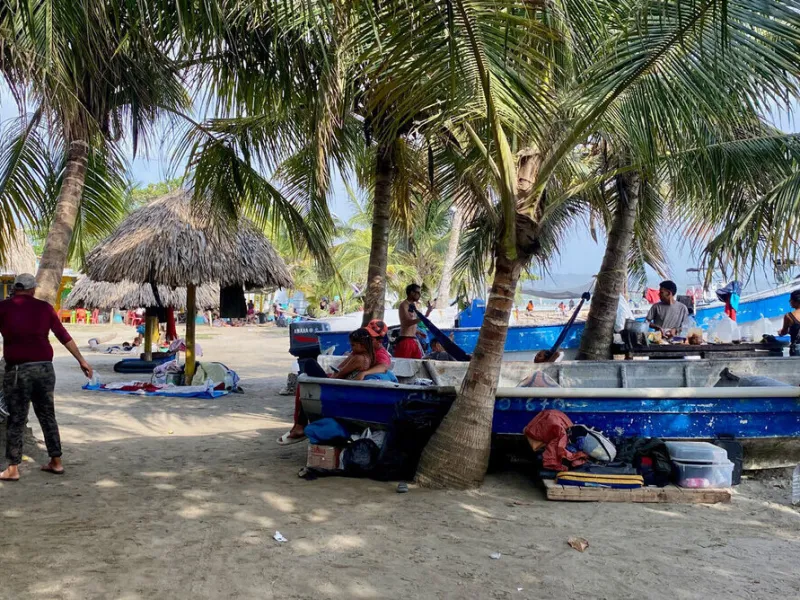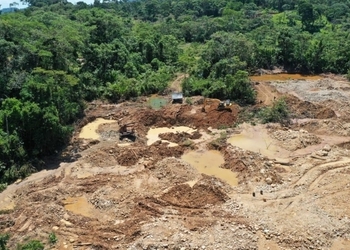Environmental Crime
Environmental crimes encompass a wide spectrum of illicit activities, including illegal wood, wildlife trafficking, illegal mining and land grabbing.
Environmental crimes encompass a wide spectrum of illicit activities, including illegal wood, wildlife trafficking, illegal mining and land grabbing.












Subscribe to our newsletter to receive a weekly digest of the latest organized crime news and stay up-to-date on major events, trends, and criminal dynamics from across the region.
We go into the field to interview, report, and investigate. We then verify, write, and edit, providing the tools to generate real impact.
Our work is costly and high risk. Please support our mission investigating organized crime.